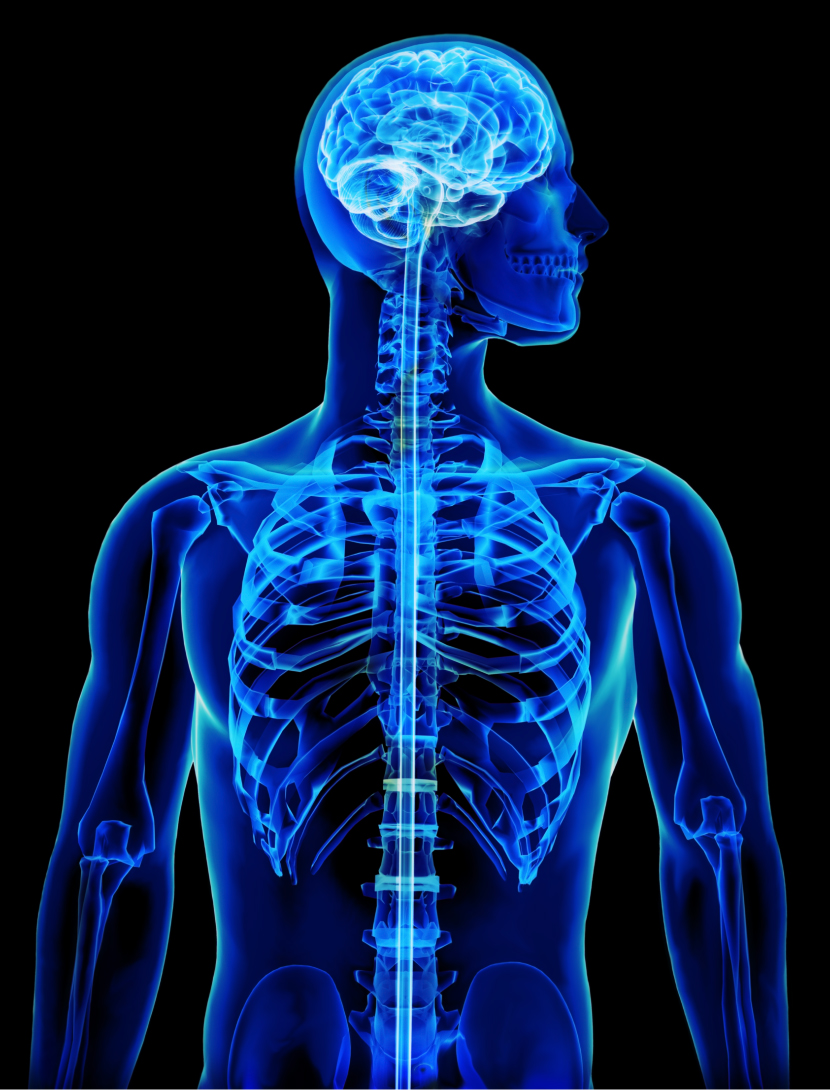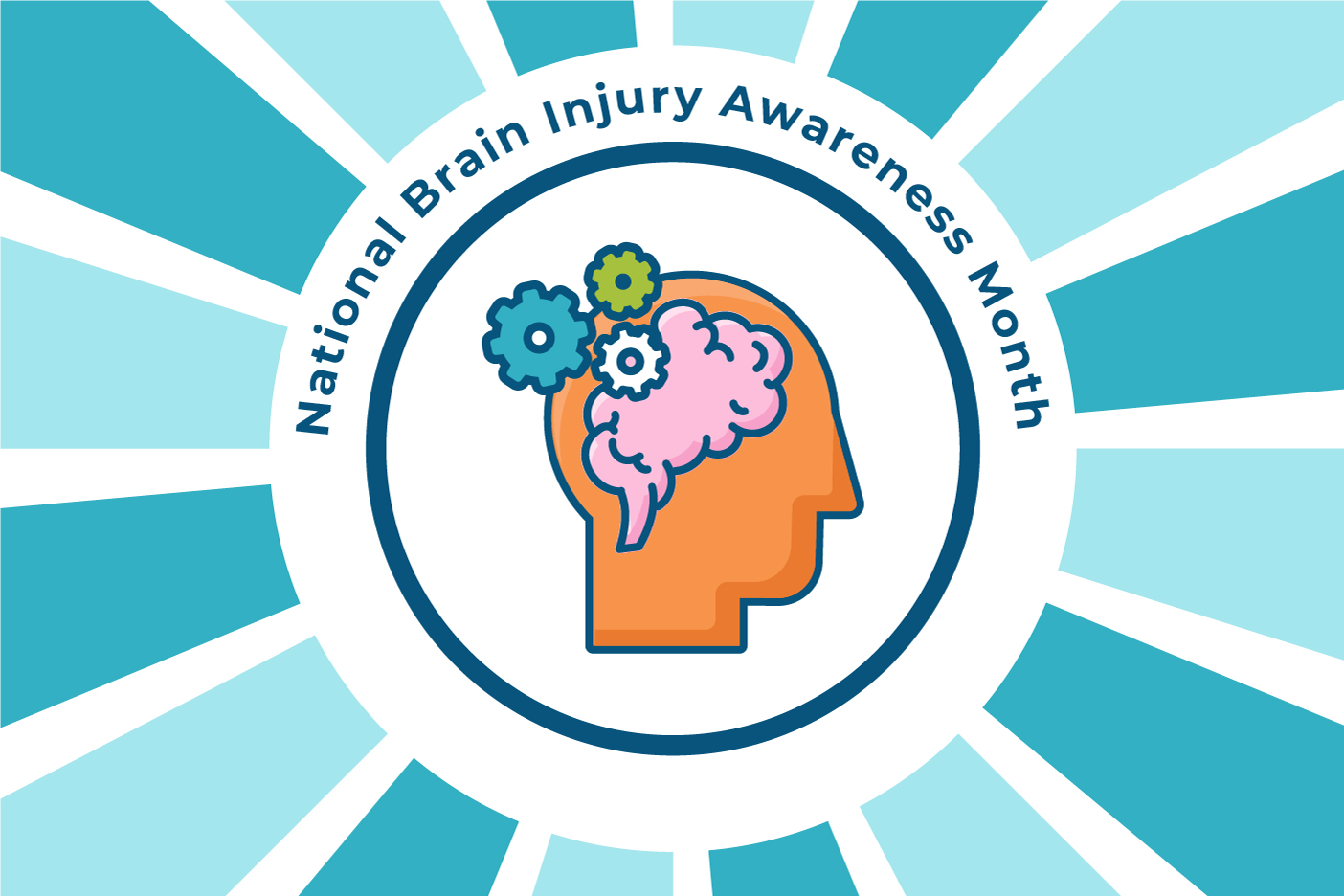March is National Brain Injury Awareness Month, a movement pioneered by the Brain Injury Association of America (BIAA). Today, Oakwood Creative Care stands by those who face daily challenges and struggles as a result of their condition. As a community, we must come together to reduce the stigma associated with having a brain injury by increasing our understanding of the various types of injuries, their effects, and how we can help support those facing challenges due to their condition. Just as every person is different, no two brain injury cases are exactly alike, and we strive to bring forth education, resources, and individualized support to each of our community’s survivors and families in need.
Brain injuries are often unpredictable and can impact a person as a whole, including the way they think, act, and feel. According to the BIAA, loved ones living with a brain injury may experience a number of symptoms, including memory loss, problems with concentration, depression, anxiety, fatigue, and difficulty with balance or motor skills. Additionally, a brain injury can lead to respiratory, circulatory, digestive, and neurological diseases, including epilepsy, Alzheimer’s, and Parkinson’s.

In some cases, the effects of a brain injury can depend on certain factors, such as its origin and location, wherein physicians categorize acquired brain injuries (ABI) based on traumatic and non-traumatic causes.
Some of the most common examples of these include:
Traumatic Brain Injury (TBI) Causes:
- Falls
- Motor Vehicle Accidents
- Workplace Injuries
- Military Actions (i.e., Blast Injury)
Non-Traumatic Brain Injury Causes:
- Stroke
- Meningitis
- Encephalitis
- Seizure
- Tumors
- Metabolic Disorders
Presently, the CDC reports more than 5.3 million individuals in the United States live with a permanent brain injury-related disability, an alarming statistic that equals one in every 60 people. Additionally, 80,000 to 90,000 people will experience the onset of long-term disability following their injury.
Unfortunately, brain injuries are often misunderstood, misdiagnosed, and desperately underfunded. Studies have found that the average out-of-pocket cost for families to provide care to a loved one living with a brain injury ranges anywhere between $25,174 to $81,153, depending on the severity of their injury’s long-term effects.
$25,174
to $81,153
average out-of-pocket cost for families to provide care to a loved one living with a brain injury
The mental, emotional, and financial stressors of life after a brain injury can create heavy burdens for survivors and their families and caregivers, but they need not be carried alone. In honor of National Brain Injury Awareness Month, join Oakwood Creative Care in raising support and awareness for those in need.
You can help ensure those impacted by a brain injury have access to reliable and convenient education, resources, and support by:
- Following Oakwood Creative Care on social media and visiting the Brain Injury Association of America (BIAA) for more information on brain injury support, education, and advocacy.
- Sharing about us on social media and challenging your friends and family to join us in our campaign to raise more support and awareness for families and loved ones in need.
- Inviting others in your community to learn more about the challenges associated with brain injuries and how Oakwood Creative Care is making a difference through reigniting dignity and purpose beyond a diagnosis.
The effects of long-term disabilities following a brain injury can vary from person to person. Unfortunately, families are often encouraged to place their loved ones in long-term care facilities where they’re offered little to no hope for the road ahead. Oakwood Creative Care is making a difference by ensuring loved ones living with brain injury-related challenges have the opportunity to experience a life full of dignity and purpose beyond their diagnosis.





